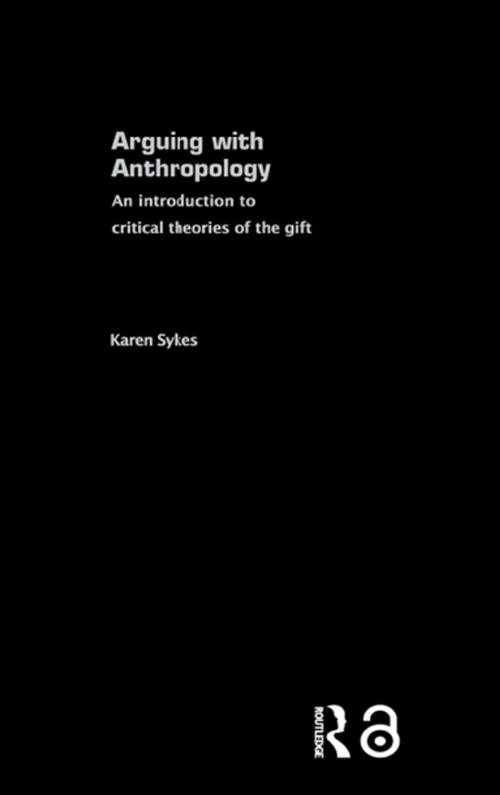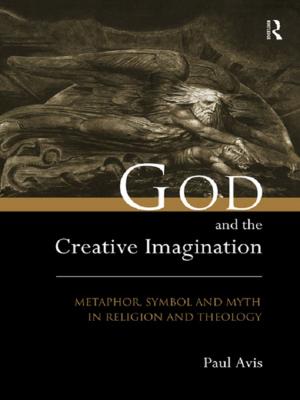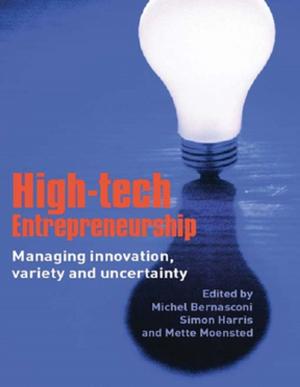Arguing With Anthropology
An Introduction to Critical Theories of the Gift
Nonfiction, Social & Cultural Studies, Social Science, Anthropology| Author: | Karen Sykes | ISBN: | 9781134523498 |
| Publisher: | Taylor and Francis | Publication: | March 1, 2004 |
| Imprint: | Routledge | Language: | English |
| Author: | Karen Sykes |
| ISBN: | 9781134523498 |
| Publisher: | Taylor and Francis |
| Publication: | March 1, 2004 |
| Imprint: | Routledge |
| Language: | English |
Arguing with Anthropology is a fresh and wholly original guide to key elements in anthropology, which teaches the ability to think, write and argue critically. Using the classic 'question of the gift' as a master-issue for discussion, and drawing on a rich variety of Pacific and global ethnography, it provides a unique course in methods, aims, knowledge, and understanding. The book's highly original hypothetical approach takes gift-theory - the science of obligation and reciprocity - as the paradigm for a virtual enquiry which explores how the anthropological discipline has evolved historically, how it is applied in practice and how it can be argued with critically. By asking students to participate in projected situations and dilemmas, and in arguments about the form and nature of enquiry, it offers working practice of dealing with the obstacles and choices involved in anthropological study.
* From an expert teacher whose methods are tried and tested
* Comprehensive and fun course ideal for intermediate-level students
* Clearly defines the functions of anthropology, and its key theories and arguments
* Effectively teaches core study skills for exam success and progressive learning.
Arguing with Anthropology is a fresh and wholly original guide to key elements in anthropology, which teaches the ability to think, write and argue critically. Using the classic 'question of the gift' as a master-issue for discussion, and drawing on a rich variety of Pacific and global ethnography, it provides a unique course in methods, aims, knowledge, and understanding. The book's highly original hypothetical approach takes gift-theory - the science of obligation and reciprocity - as the paradigm for a virtual enquiry which explores how the anthropological discipline has evolved historically, how it is applied in practice and how it can be argued with critically. By asking students to participate in projected situations and dilemmas, and in arguments about the form and nature of enquiry, it offers working practice of dealing with the obstacles and choices involved in anthropological study.
* From an expert teacher whose methods are tried and tested
* Comprehensive and fun course ideal for intermediate-level students
* Clearly defines the functions of anthropology, and its key theories and arguments
* Effectively teaches core study skills for exam success and progressive learning.















